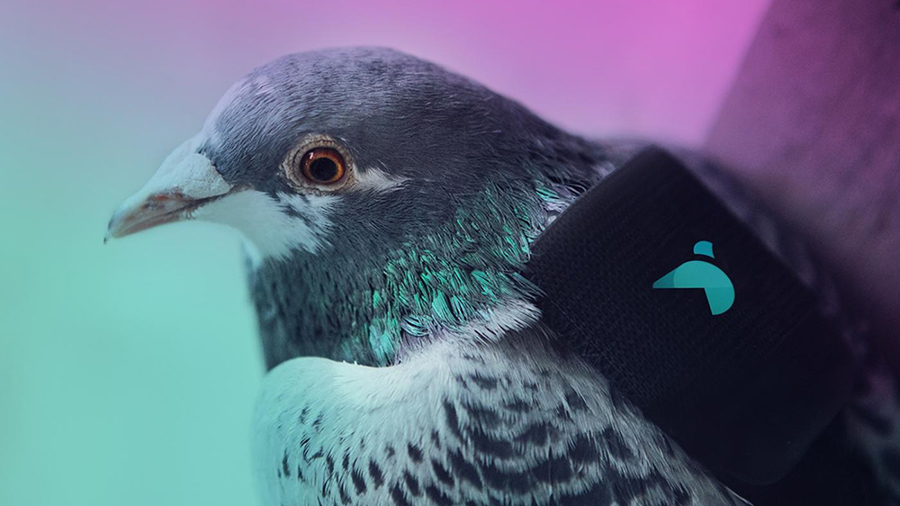Pollution-tracking pigeons are patrolling the skies of London
Wearable sensors for Tweety-birds

Ten pigeons wearing tiny backpack sensors are currently flying over the skies of London in an attempt to raise awareness of the poor air quality in the capital though the platform of Twitter.
Pigeon Patrol, as the project calls itself, was one of six finalists at the #PoweredByTweets competition held by Twitter last year. The pollution-sensing backpacks are fitted with miniature sensors to measure levels of nitrogen dioxide and ozone in the city's atmosphere.
You can send a tweet to @PigeonAir to get feedback on the current air quality in your part of the capital; meanwhile you can keep track of the pigeon's progress via a real-time map displayed on the Pigeon Patrol website.
Small birds, big data
The stunt is a joint venture between marketing firm DigitasLBi and Plume Labs, who already provide air report apps for Android and iOS. The firms are hoping to recruit 100 people to test a new pollution sensor, like the ones worn by the pigeons, in partnership with Imperial College London.
It's the latest example of how small, low-powered sensors – and the mountains of data gathered from them – can be used to track everything from traffic patterns to air pollution levels.
"We're making the invisible visible," Pierre Duquesnoy, who first came up with the idea, told The Guardian. "It is a scandal. It is a health and environmental scandal for humans - and pigeons." The Pigeon Patrol project is due to finish on Wednesday.
- Read more on the future of wearables
Sign up for breaking news, reviews, opinion, top tech deals, and more.

Dave is a freelance tech journalist who has been writing about gadgets, apps and the web for more than two decades. Based out of Stockport, England, on TechRadar you'll find him covering news, features and reviews, particularly for phones, tablets and wearables. Working to ensure our breaking news coverage is the best in the business over weekends, David also has bylines at Gizmodo, T3, PopSci and a few other places besides, as well as being many years editing the likes of PC Explorer and The Hardware Handbook.